Adrift on our pale blue dot, we humans have long asked ourselves two profound questions: Are we alone? Could we one day make contact with someone else?
Often, we look to space for an answer, in our search for extra terrestrial life, but recent advances in technology have allowed researchers to investigate our fellow animal travellers on Earth. So, what would it take to have a conversation with another species? And could it change how we humans see ourselves?
These are the central questions that I investigate in my new book How To Speak Whale: A Voyage Into The Future Of Animal Communication (£20, Harper Collins). A journey I was thrown into unexpectedly when a humpback whale breached onto me and my friend while kayaking and almost killed us.
This extraordinary moment was filmed by a tourist, allowing scientists to not only deduce that the whale turned away to avoid squishing us, but also use artificial intelligence to identify the specific whale, and reconstruct its life history. We were told its age, who its mother was, where it was born and even its migrations.
We have followed its life in the Pacific Ocean ever since.
As a biologist turned wildlife filmmaker, I became fascinated. How else could new tech help us learn about the lives of other species?
The cetaceans, whales, dolphins and porpoises, are a fascinating and very diverse bunch. Their lives, lived in a different element to us, are in many ways alien. Sperm whales hunt giant squid using sound kilometres underwater, bowhead whales can live over 200 years. Blue whale voices can travel 500 miles. They confound our human ideas of what it means to perceive the world, or feel close to one another.
Other discoveries from their lives are more relatable. They seem to mourn their dead, protect each other and even other species from attack, get high for fun, and form companionships with other species. Some seem interested in us, bringing us gifts, hunting with us, investigating our boats and bringing their young to see us. Acoustically they are sophisticated - they make highly controlled and diverse communications which they use to teach each other how to survive. They arrange their lives into different vocal cultures and clans. They sing. They even seem to have names for themselves and their social groups.
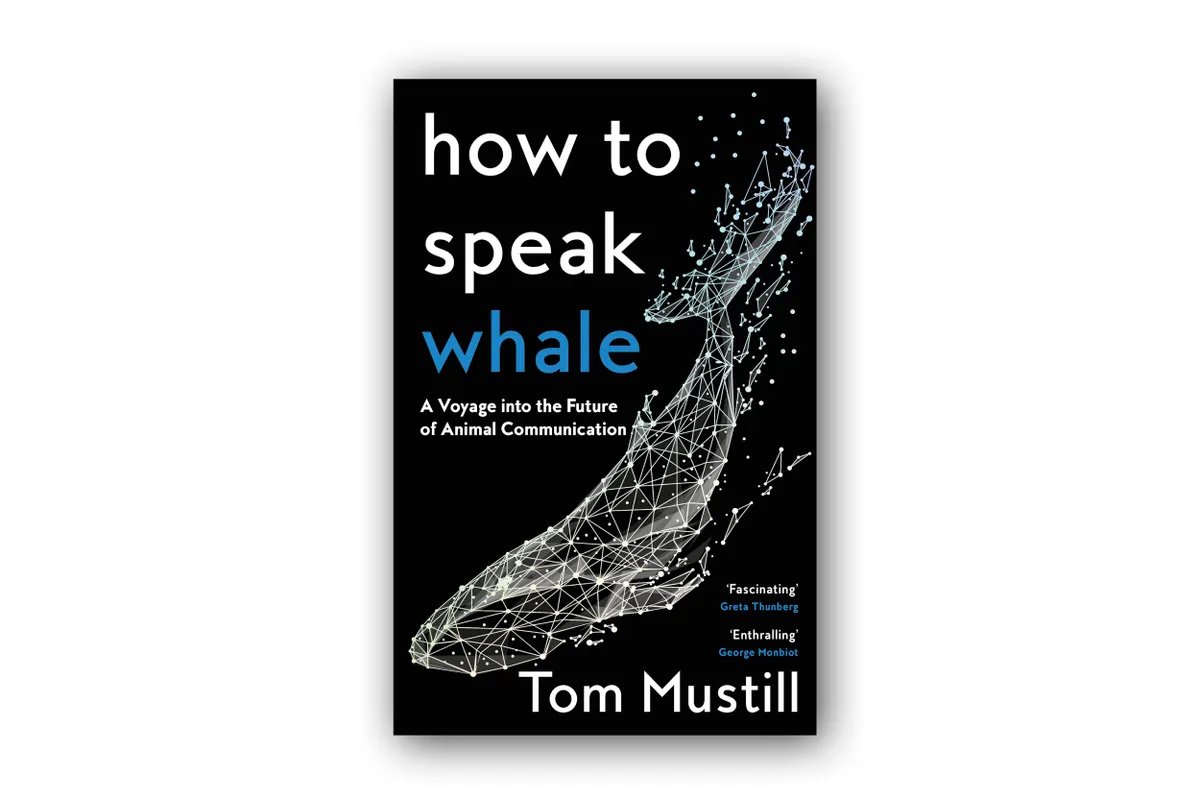
So, could we one day talk to a whale? In How To Speak Whale I began by examining the technical hurdles; meeting the designers of underwater robots, the biologists placing remote sensors onto the bodies of whales and the computer scientists designing AIs. I wanted to find patterns in the data from the massive new projects, to chart cetacean lives and communications.
My travels took me from whale breeding grounds to Hawaiian tropical forests. I met biologists, and witnessed how they are helped by machines and artificial intelligence - including facial and voice recognition. Google Translate was first designed to record and find patterns in our human lives and language. Now they are being turned to the rest of nature; matching fish faces, whale voices, and building a Google Translate for other animals.
The scientists involved in these disparate studies have one thing in common. They all believe, passionately, that understanding the communications of other animals - gaining windows into their thoughts, feelings and utterances - will help us re-evaluate our relationship with them, and change our currently destructive course.
This journey has been a delight and spawned further, deeper puzzles without easy solutions; you cannot seek to speak to another species without also asking what language is. Without wondering how our human cognition and communication systems fit in. Are we at the pinnacle of animal thinking and speaking, or part of a far more complicated and wondrous story?
To quote the Yosemite National Park ranger who, when asked why it was proving so hard to make a rubbish bin that bears couldn’t break into, replied, “There is considerable overlap between the intelligence of the smartest bears and the dumbest tourists.”
Read more about whales:
- Beluga whales make friends, just like humans
- Blue whales' heart rate can drop to just 2 beats per minute
- The bizarre (and pretty gross) science of whale vomit
In writing How To Speak Whale, I found it intriguing that it is taking machines to change how we look at nature. And the five books below have this in common too. They all, in different ways, invite us to step back and change our perspective on the living world and how we fit into it.
If Nietzsche Were A Narwhal: What Animal Intelligence Reveals About Human Stupidity
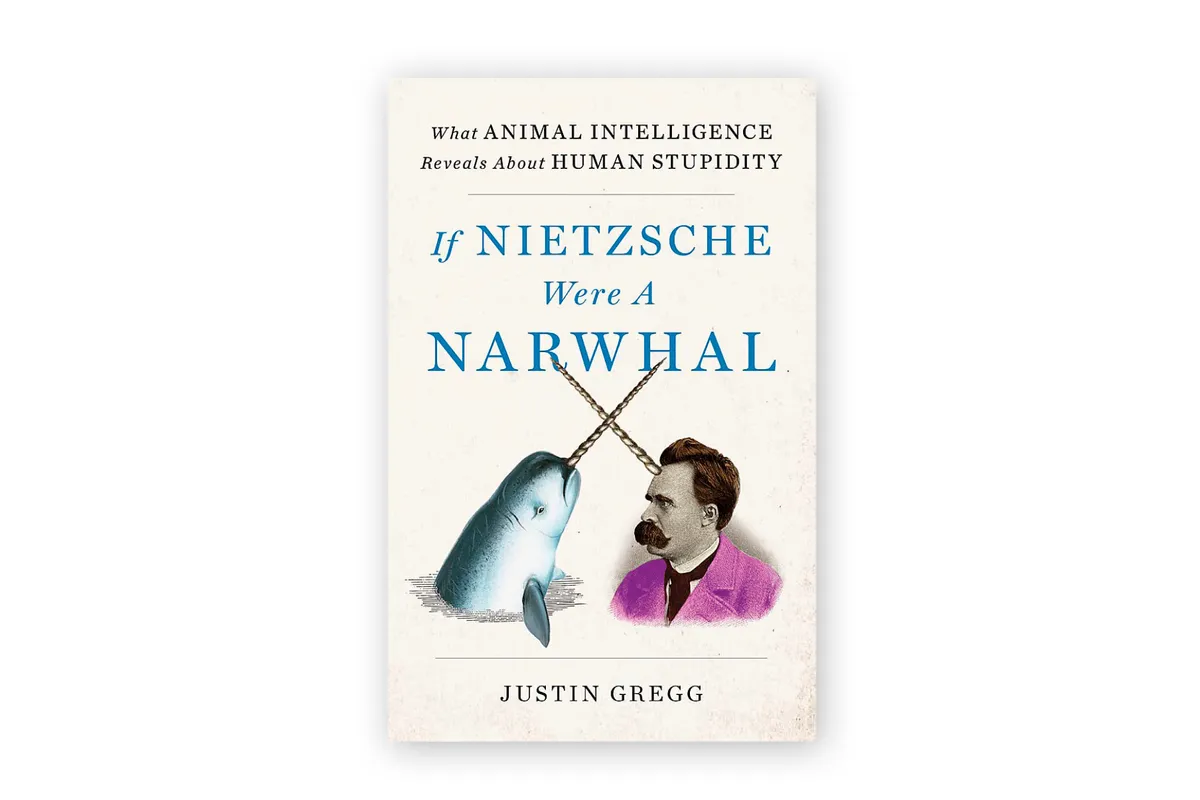
Justin Gregg
Justin Gregg is a biologist and specialist in dolphin communication. I found his previous book, Are Dolphins Really Smart, invaluable while getting my head around the bewildering and sometimes fraught history of animal cognition and ‘language' studies. In his new book, which manages to be both meticulous and riotous, he examines what we’ve learnt about the minds of other animals and then steps back to ask us what this can tell us about ourselves.
Its title comes from a fascinating premise (especially to a fellow cetacean lover): Would the philosopher Nietzsche (and by extension all of us), tortured with the knowledge that he would die, and upset by the seeming futility of existence, be happier if we were a less cognitively gifted species, like a narwhal, blissfully unaware? Where so often we are concerned with a sort of Top Trumps - how do other species match up to our unsurpassed abilities in mathematics, making stuff and telling stories?
So many of our narratives describe how our mega-human brains have allowed us to conquer the world. But these brains have also led us to a point where we might make ourselves extinct. And crucially, do they make us any happier? These are deep and important questions; Gregg harnesses his marvellous human brain to also make them really funny. This is a great way to get acquainted with the current understanding of other animal intelligence and an interestng corrective to our anthropocentric instincts.
Ways Of Being: Beyond Human Intelligence

James Bridle
In James Bridle’s glittering and mind-bending book, he takes our perspectives on intelligence and the ‘more-than-human-world’ further still. Bridle is a philosopher, artist and technologist and his range of interests makes for an engagingly wide-reaching exploration of how we view intelligence and how we and our technologies (including artificial intelligence) are not separate from nature, but different manifestations of it.
As he writes, “There is only nature, in all its eternal flowering, creating microprocessors and datacenters and satellites just as it produced oceans, trees, magpies, oil and us. Nature is imagination itself. Let us not re-imagine it, then, but begin to imagine anew, with nature as our co-conspirator: our partner, our comrade and our guide.”
Brindle's book is a brilliant way into a general perspective shift that I’ve been myself experiencing in conversations with biologists. Most of my biological education was to do with the labelling and categorisation of animals, plants and their body parts. With new technology comes the ability to move from just comparing bodies to looking at what those bodies do - at their inter-relationships.
There are far more questions than answers in this book, but I defy anyone to read it and go for a walk through a forest, or a swim through kelp, and look at the intelligence around them as they did before.
The Sense Of Wonder: A Celebration Of Nature For Parents And Children
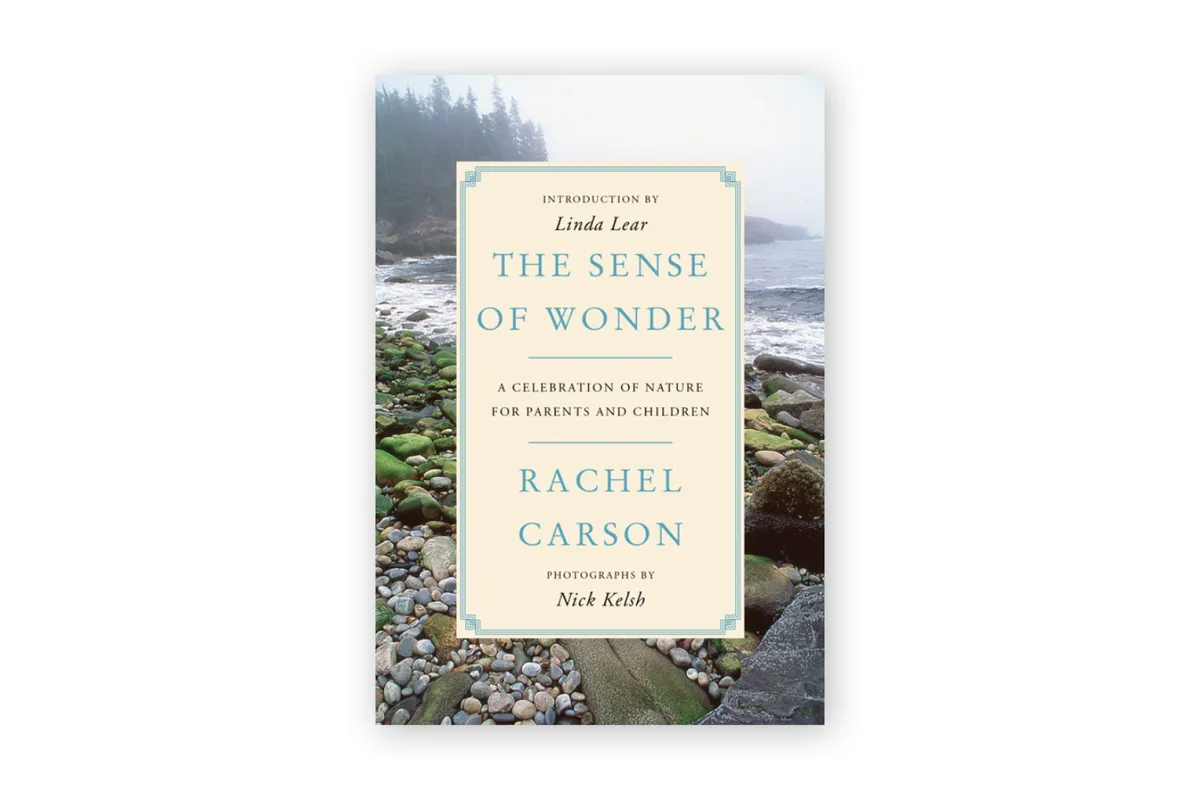
Rachel Carson
Rachel Carson is most famous for her seminal environmental work, Silent Spring, which exposed the terrible harms caused by synthetic pesticides. In writing How To Speak Whale, I often found myself thinking about her magical book The Sea Around Us. But it is this tiny little slip of a book, The Sense Of Wonder, that I’d recommend most. The lens on nature that Carson brings to bear in this work is that of a child. Carson had spent her life in the natural world and thinking about it. But it took the arrival of her grandnephew, Roger, at her cottage in Maine for her to discover late in life, a new appreciation for her surroundings. By introducing Roger to the coast, streams, leaves and rocks, but never seeking to teach him anything, she saw it through his eyes.
This book is about slipping off the instinct to ignore what you consider the familiar, and the wonders that you can find if you are able to do so. As a new father, I have found this book resonated deeply with me, exploring the world with my daughter Stella, and seeing what catches her eye and her interest. When, as Carson suggests, I let my attention follow that of my child, I found myself caught up in the life of even our small urban garden. As Carson writes: “Exploring nature with your child is largely a matter of becoming receptive to what lies all around you”.
A Sand County Almanac
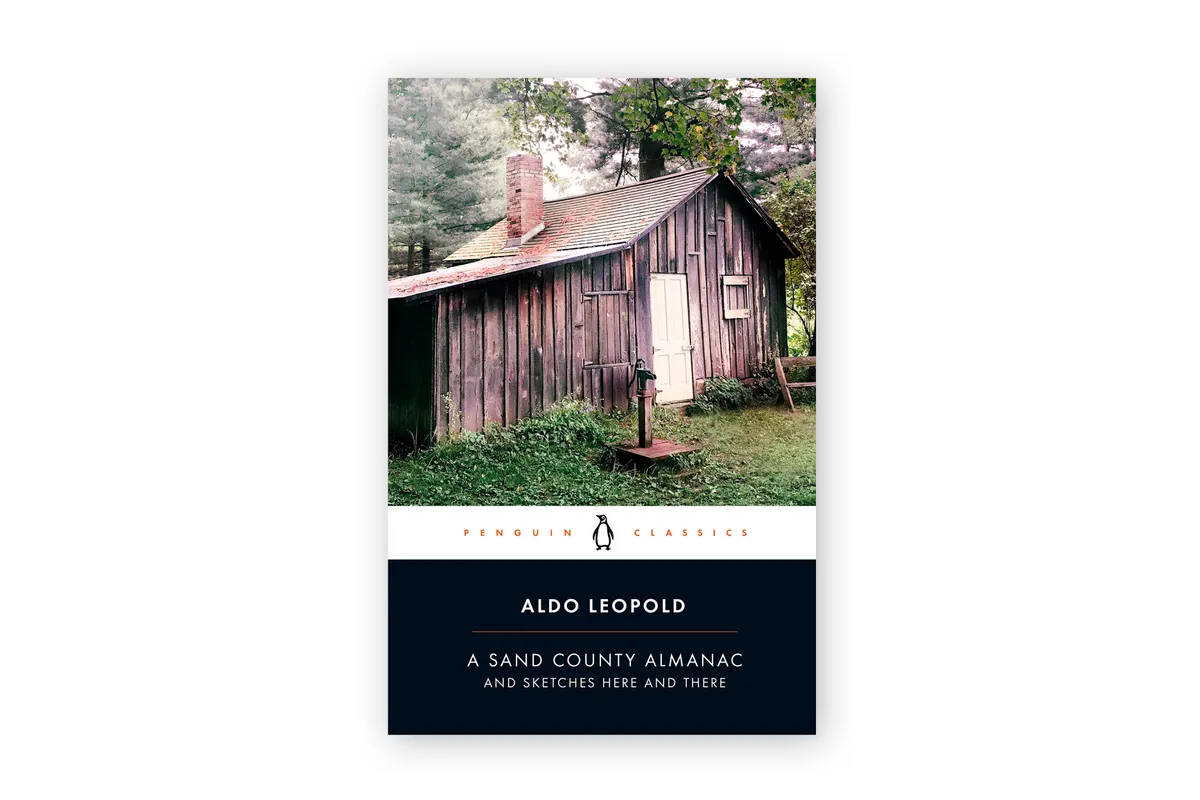
Aldo Leopold
An oldie but a goodie, first published over 70 years ago, this collection of essays by the forester and early environmentalist Aldo Leopold was his masterpiece, and formative for me in many ways. A beautiful writer, the book is split into 12 sections, one for each passing month, in his home in Wisconsin. It is about ecology - about the web of life and its fluctuations and interactions, and at its heart are what were then nascent ideas of conservation. To know the complexity and wonder of living systems was also to witness their fragility.
So few at the time understood the harm we could do to life, but he wrote of how an ecologist ‘lives alone in a world of wounds’.
Fortunately, many more people today are aware of the damage we have done. The most astonishing section for me, and one my brain has never let go of, is in the essay Odyssey, where he imagines the history of two atoms, from their beginnings in rocks and as they move through ecological systems. He contrasts the life of one atom as it passes through oak root, buffalo and the native north American peoples, cycling through the complex healthy ecosystem that was before, with another, as it is flushed from the earth through the new ecosystem of settler wheat and cattle, and down with their muck out to sea. Vivid and crisp still, after all these years.
Losing Eden: Why Our Minds Need The Wild
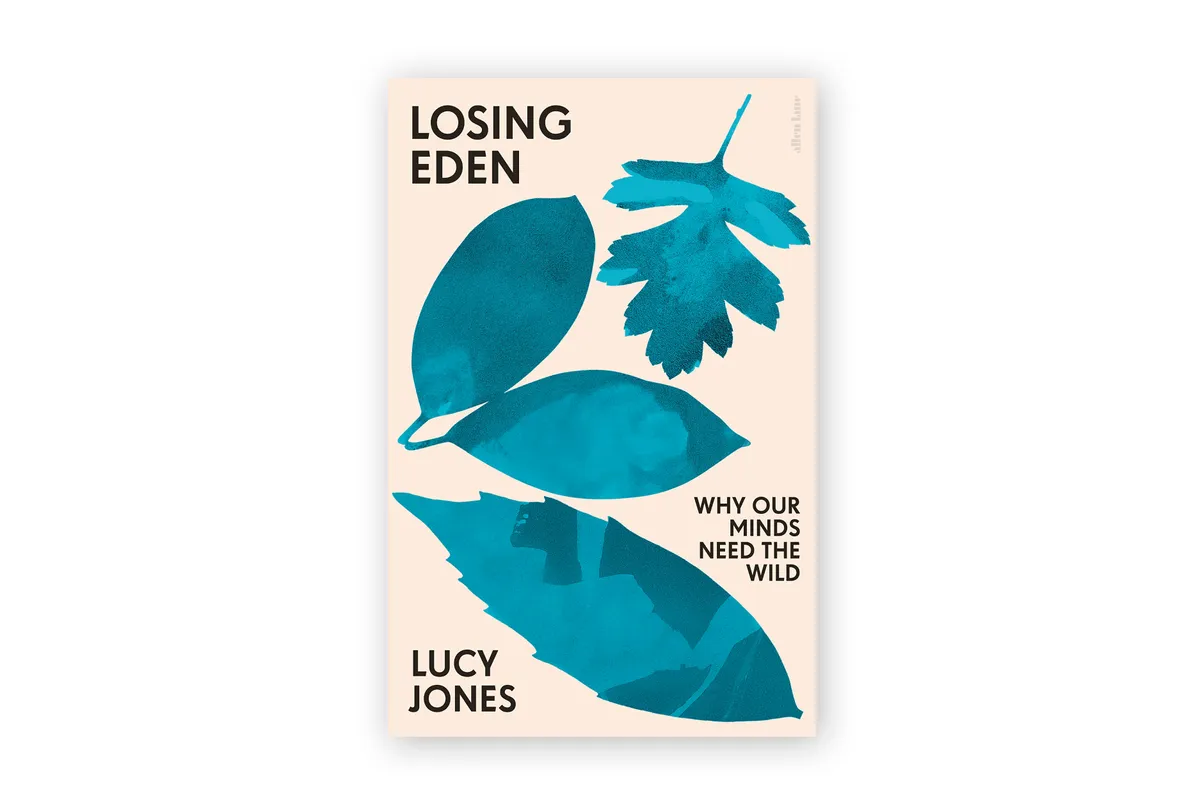
Lucy Jones
For all the ways we can learn to be curious, and for all the routes to trying to make sense of the living world around us, it is easy to overthink and intellectualise. Lucy Jones’ beautiful, personal and important book is like a hand, reaching back from the wild to grasp us and remind us of the connection we are missing. It is not a surprise to hear that we are becoming increasingly separated from the rest of nature, but through the author's own journey of recovery, reconnection and exploration, she brings home bit by bit (and scrupulously evidenced) how much we are missing, how this damages us, and most of all - how much we can regain.
Where it is most powerful for me, is really getting across the interlinkage between our health and lives with those of our non-human kin - how harmful it is to sever that connection. I live near Hackney marshes, and I really can relate to where she writes: “I was never lonely or alone on the Marshes. I started to feel that I belonged to a wider family of species, a communion of beings, the matrix of life, from the spiders to the lichen and the cormorants to the coots. I felt born again. Nature picked me up by the scruff of my neck, and I rested in her teeth for a while."
This book made me want to get outside and in among the leaves, muddy-kneed and dirty-fingernailed as quickly as possible. For all these books and the perspectives they bring, there is little that can replace just being there.
How To Speak Whale: A Voyage Into The Future Of Animal Communication by Tom Mustill is out now (£20, Harper Collins)
Discover more great reads, recommended by experts: